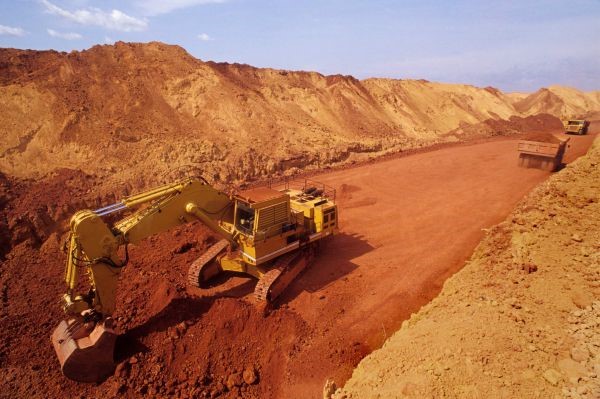

Guinea has been facing a number of socio-political issues related to bauxite mining as the bauxite industry gets embroiled between the contradictory needs of economic development and environmental and land related concerns of the communities affected by bauxite mining. The west-African country has the world’s largest reserves of bauxite, one of the most sought after raw materials because of the growing demand for aluminium.

Thirteen Guinean communities have finally entered a dispute resolution process in order to settle an issue in relation to alleged land grabbing by a bauxite mine supported by the International Finance Corporation (IFC), the World Bank’s private sector arm. IFC’s Compliance Advisor Ombudsman (CAO) will convene the dispute resolution process. CAO is an independent accountability mechanism to solve such sensitive matters.
In February, the local communities filed a complaint with the CAO related to the bauxite mine run by Compagnie des Bauxites de Guinée (CBG). The company received US$ 200 million loans to expand bauxite mining operations in Guinea. CBG is a joint venture between the Guinea government, US aluminium company Alcoa, Australian mining company Rio Tinto and Guernsey-registered Dadco.
In its August assessment, the CAO noted that complainants raised, “concerns about land grabbing, land rehabilitation and land return, along with issues regarding impacts on water and the environment that have had major consequences on the Complainants’ livelihoods.”
The complainants alleged that their farming lands have been taken over by CBG for bauxite mining. Both the Guinean government and the bauxite miner expect to reach an amicable solution to the matter, which will look into both the environmental and land issues and the development of the local communities.
Responses








